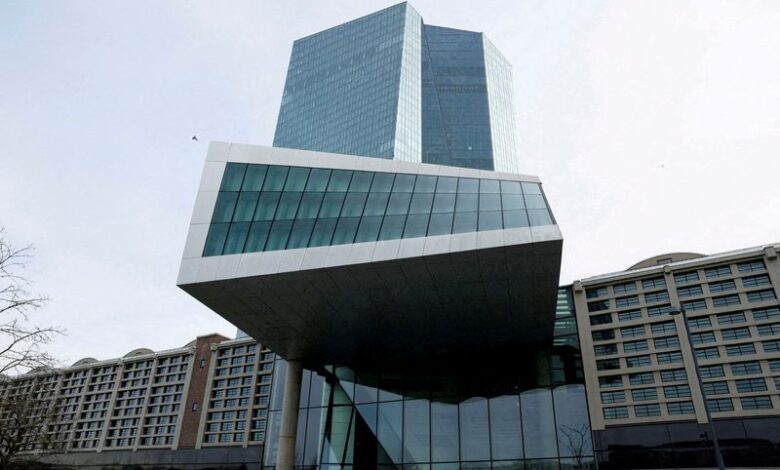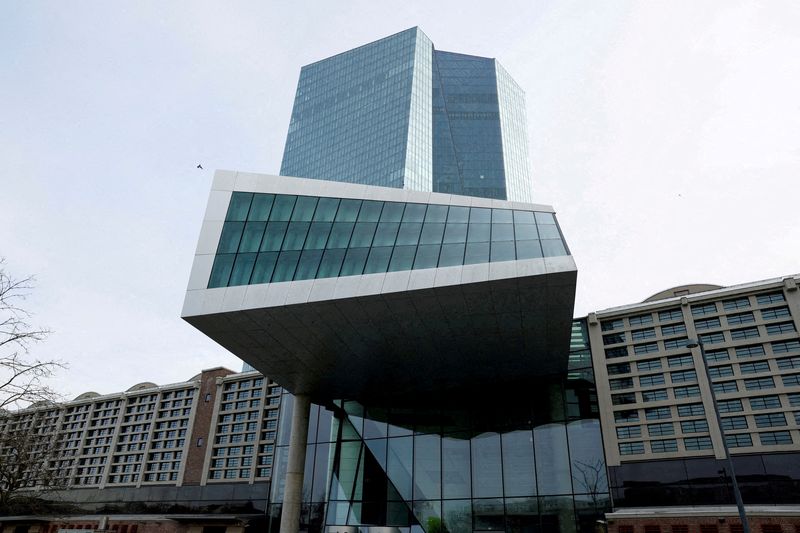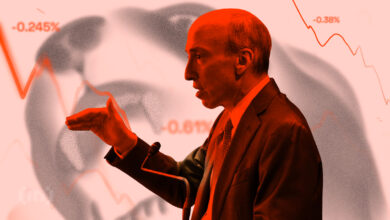ECB’s AI model shows inflation falling faster than expected


© Reuters. FILE PHOTO: A view of the European Central Bank headquarters in Frankfurt, Germany March 16, 2023. REUTERS/Heiko Becker/File Photo
FRANKFURT (Reuters) – The European Central Bank’s artificial intelligence model shows that inflation in the euro area may fall faster the ECB itself expects but with a great deal of uncertainty, the bank’s chief economist Philip Lane said on Thursday.
It was the first time the ECB has commented on forecasts generated by its newly created machine-learning model, which uses around 60 variables to capture changes that traditional algorithms can’t spot.
A slide accompanying Lane’s lecture showed the ECB’s AI forecasts put inflation by June at far lower than predicted by the bank’s official macroeconomic projections — and closer to its 2% target — albeit within a very wide range of possible outcomes.
“The centre of the distribution is below the December projections,” Lane said illustrating the slide at an event in Rome.
The ECB sees inflation at 2.7% in the second quarter of the year, higher than the 2.3% expected by economists polled by Reuters and than the ECB’s AI-generated forecasts just below that.
Investors betting that falling inflation will force the ECB to start cutting interest rates as soon as April may feel emboldened by these new computer-generated forecasts from the central bank itself.
But Lane argued that the “wide distribution” of possible outcomes implied by the AI model called for caution.
“The models do say: ‘there’s many possibilities here, wait for the (data) to tell you because you wouldn’t want to put all your bets on the centre of this distribution’.”
The model Lane was referring to was developed by ECB economists Michele Lenza, Inès Moutachaker and Joan Paredes, who presented it in a working paper last year.
In it, they said the model’s forecasts closely track the ECB’s official projections, suggesting staff’s expert judgement allowed them to spot the same unexpected changes — known by academics as “non-linearities” – that the machine captured.
During the lecture, Lane also said the disruption of shipping in the Red Sea has so far not had a material impact on Europe’s inflation outlook given shipping costs’ limited weight in the overall price index.


